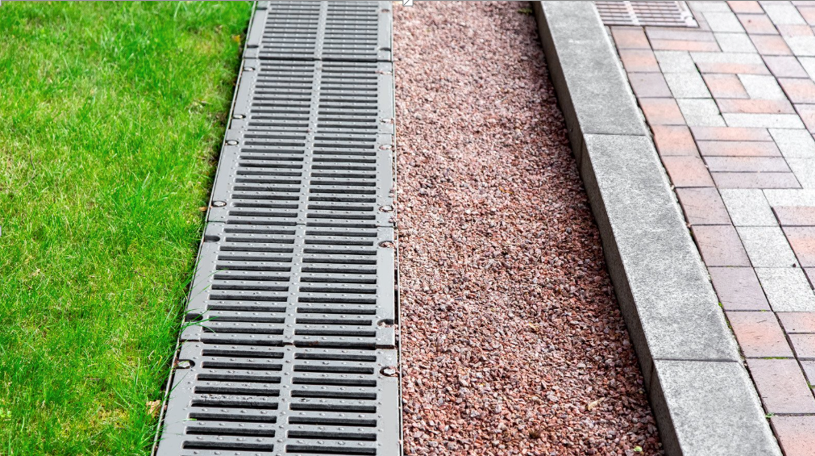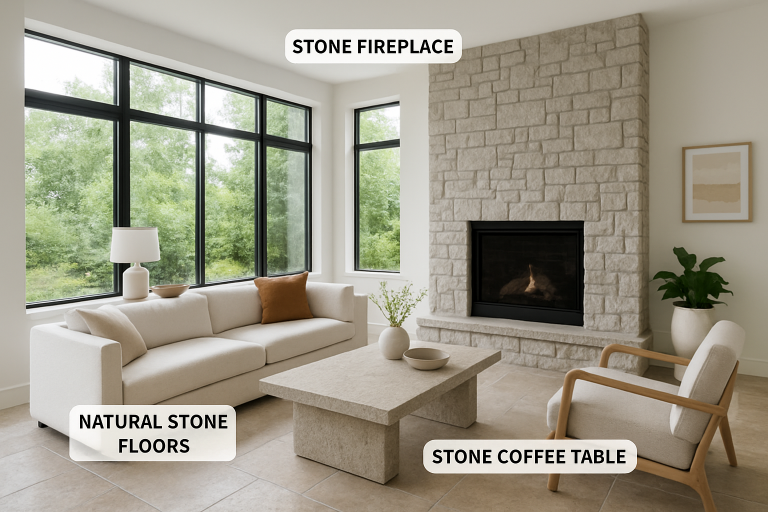The Role of Landscape Drainage in Preventing Basement Flooding and Water Damage
Water damage remains one of the most costly and disruptive problems a homeowner can face. Basements, being the lowest point of a structure, are particularly vulnerable to flooding caused by poor surface drainage. When water is not properly managed outdoors, it often finds its way into the foundation, leading to long-term structural issues and costly repairs. Investing in professionally designed solutions for landscape drainage in Alpharetta is one of the most effective ways to prevent these concerns before they begin.
A properly executed drainage system not only protects your basement but also enhances soil stability, landscape longevity, and overall property value.
Why Water Buildup Leads to Basement Damage
Improper yard grading, compacted soil, and ineffective downspouts can all cause water to pool near a home’s foundation. When excess water saturates the ground, it increases hydrostatic pressure against basement walls, eventually forcing moisture through cracks and porous materials. This leads to water seepage, mold growth, and, in severe cases, structural weakening.
Preventing this damage starts at the surface level, where smart drainage design can reroute water away from vulnerable zones and maintain consistent soil moisture levels throughout the year.
Comparing Drainage Options for Residential Landscapes
When planning your outdoor water management, it’s important to understand your system choices. One crucial decision involves selecting between different drainage types. For example, understanding how to choose between French and trench drains can help you determine the difference between French and trench drains based on your property’s layout, soil type, and water volume.
French drains are ideal for redirecting subsurface water, especially in areas with frequent rainfall or saturated soils. In contrast, trench drains are best suited for capturing surface water quickly from hardscapes such as patios, driveways, or pool decks. Both systems can be integrated into the landscape in ways that don’t disrupt aesthetics but significantly improve performance.
See also: How Professional Home Builders Integrate Smart Technology into New Homes
How Drainage Supports Landscape and Structural Health
A well-designed drainage system serves dual purposes, protecting your home and sustaining your landscape. Beyond immediate issues like flooding, poor water management can erode soil, displace plants, and destroy hardscaping features. The impact of poor drainage on landscape durability often becomes evident in the form of sinkholes, washed-out mulch, cracked walkways, or dying vegetation.
Professional-grade drainage solutions ensure water moves efficiently through your yard without compromising the integrity of your plantings or hardscaping. Additionally, these systems reduce maintenance needs and prevent moisture-related damage that could otherwise go unnoticed until significant harm is done.
A custom drainage approach considers topography, existing structures, and local rainfall patterns to create a long-lasting solution.
Conclusion
Effective landscape drainage is essential to preventing basement flooding and preserving the durability of your property. By strategically managing how water flows across your yard, you can safeguard your foundation, reduce erosion, and maintain a healthier outdoor environment. Whether it involves installing French drains, regrading your property, or incorporating surface trench systems, each element plays a vital role in reducing water damage risks.
Investing in tailored drainage solutions not only brings peace of mind but also strengthens the resilience and value of your home for the long term. With the right approach, your landscape can thrive while your basement stays dry and secure.






